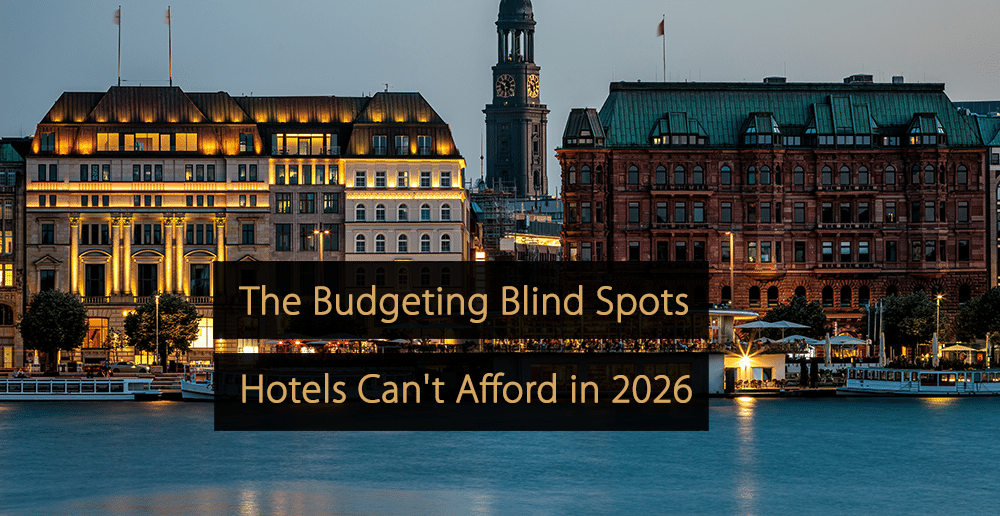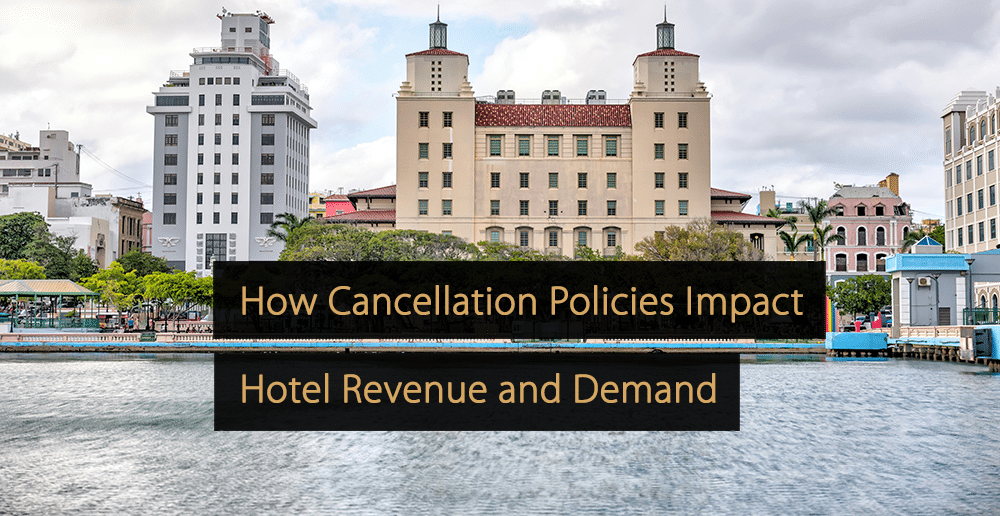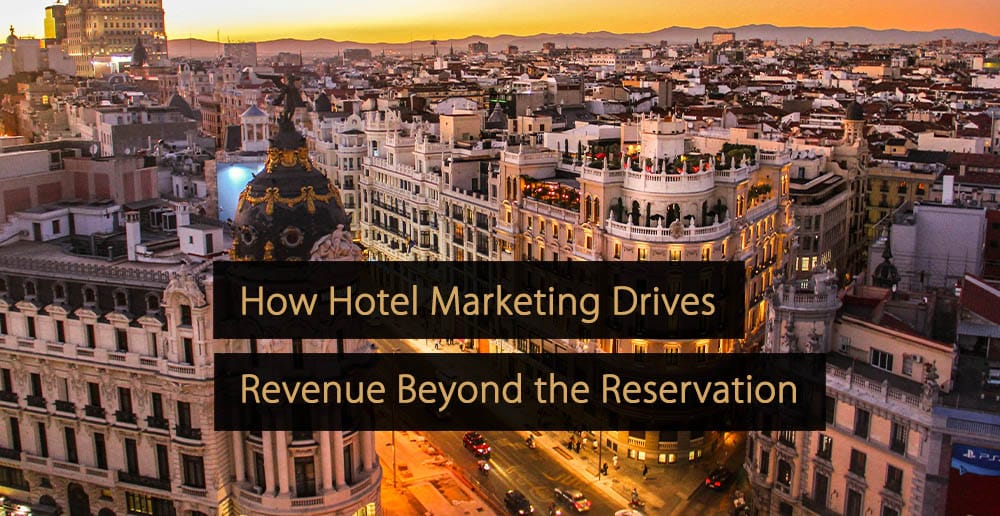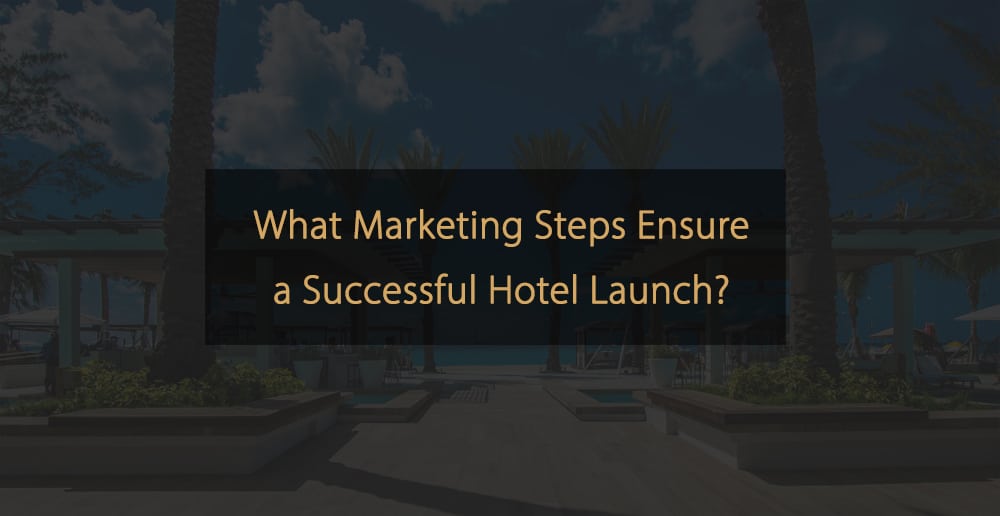In the highly competitive hospitality sector, venues must continually innovate to attract and retain clients. By adopting a strategic approach that caters to diverse client needs and streamlines operations, venues can enhance their market position and drive sales. This article delves into five effective strategies that incorporate industry insights, aiming to maximize your venue’s potential.
1. Establish a Comprehensive Online Presence
To effectively capture and convert leads, venues must offer an extensive array of event options online, from workshops and conventions to weddings and social gatherings. Offering a wide range of categorized event options allows potential clients to quickly identify the services that match their specific needs, thereby enhancing user experience and satisfaction.
The challenge lies in creating an online platform that is expansive yet capable of narrowing down to specific client requirements without overwhelming them. The best solution is to implement a comprehensive all-in-one online booking system. Such systems begin with a wide variety of event types and use intelligent algorithms to guide clients through a customized proposal process, based on their initial selections.
Implementing an all-in-one online booking system not only simplifies the user journey but also significantly enhances operational efficiency for the venue. These systems streamline the process from initial inquiry to final booking, reducing administrative overhead and improving response times.
By allowing clients to filter options based on specific criteria such as event type, size, and available amenities, venues can better manage client expectations and increase the likelihood of converting inquiries into bookings. Additionally, these systems provide valuable analytics that can help venues understand trends, client preferences, and areas for improvement. This data-driven approach enables continuous refinement of offerings and marketing strategies, ensuring that venues remain competitive and responsive to client needs.
2. Optimize Your Booking Process
The efficiency of your booking process directly impacts customer satisfaction and your venue’s operational effectiveness. Collecting comprehensive event information upfront is crucial to minimize follow-up questions, allowing your sales team to prepare detailed, informed proposals from the first interaction. Industry reports predict that over 50% of all event bookings are expected to be made completely online by 2025, reflecting the growing demand for quick and easy planning solutions.
An efficient solution provides you with key advantages such as:
Real-Time Availability
An efficient booking system automatically updates availability, reducing the risk of double bookings. This lets clients instantly see and book available slots, enhancing their experience and trust in your services.
Error Reduction
An online booking system guarantees more accurate bookings by minimizing manual entries. Fewer disputes or corrections, in turn, improve customer satisfaction and trust in your venue.
Data Insights
The system collects and analyses booking data, providing insights into customer preferences and booking patterns to help you tailor your services and marketing efforts.
Increased Efficiency
Automating routine tasks improves operational efficiency by freeing staff to focus on more complex and value-added activities.
Improved Customer Experience
An easy booking process leads to higher customer satisfaction and encourages repeat business.
Faster Communication
The system automatically sends confirmations and updates to clients, keeping them informed and reducing the likelihood of miscommunication.
3. Improve Marketing and Sales Strategies
Marketing should be tailored to both the seasoned planner and the occasional organizer. The recent shift towards non-professional planners, due to changes in remote work culture, necessitates varying levels of guidance and resources. For experienced planners, robust self-service tools that allow autonomous management of the process are essential. For newer planners, venues should provide educational resources such as blogs, FAQs, and video tutorials that simplify the planning process.
To effectively engage these diverse audiences, consider the following targeted marketing strategies:
Targeted Marketing Campaigns
To truly captivate and attract specific audiences to your venue, it’s imperative to create marketing campaigns that resonate with their unique needs and preferences. Begin by carefully analyzing your booking data and customer feedback, and identifying your target demographics. This will help you understand who your clients are and what they seek in a venue.
For example, if corporate events are a significant part of your business, design campaigns highlighting your meeting facilities and professional support services. Use platforms like LinkedIn and industry-specific publications to reach these potential clients. On the other hand, for weddings and social gatherings, focus your campaigns on the beauty of your venue, customizable event spaces, and exceptional catering services. Visual platforms like Instagram and Pinterest can be particularly effective for visually showcasing your venue’s appeal on social media.
Tailored campaigns are valuable because they address the specific interests of different customer segments to increase engagement and conversion rates. Continuously track the performance of these campaigns and refine your approach based on what works best to ensure that your marketing efforts remain relevant.
Upselling and Cross-Selling Strategies
Upgrading each booking with additional services is an excellent revenue boost. Upselling encourages clients to purchase a higher-tier service or package, while cross-selling introduces additional services that complement their initial booking.
To implement these strategies, ensure your staff are trained to recognize and act on opportunities during the booking process. For instance, if a client books a basic event package, suggest premium add-ons such as advanced audio-visual equipment, gourmet catering options, or extended hours. Remember to communicate how these additional services enhance the client’s event experience.
Cross-selling can also be integrated into your booking system and marketing communications. When a client books a wedding, offer additional services like floral arrangements, photography, and transportation. These suggestions can be made during the booking process or through follow-up emails.
By setting up business rules and utilizing automation workflows within your venue management system, your team can automatically react at the correct time, upselling and cross-selling when the likelihood of boosting revenue is highest.
4. Utilize Technology and Integrations
Integrating new technology, such as MeetingPackage, into your operations can raise your venue management to new heights. Here are the top three ways to leverage technology for an efficient and profitable operation.
Property Management Systems
It’s necessary to harness the power of Property Management Systems (PMS) and Sales & Catering (S&C) software for comprehensive venue management in the modern world. PMS primarily handles tasks related to bedroom bookings – automating scheduling, billing, and resource allocation. Integrating a PMS allows you to manage all room bookings from a single platform to reduce administrative burdens and human errors.
On the other hand, Sales & Catering (S&C) software focuses on managing meeting rooms, events, and food & beverage orders. This system streamlines operations by centralizing booking and availability data for group sales, so that all team members have real-time access to the latest information. This improves internal communication and the client experience, as inquiries and bookings are handled swiftly and accurately.
Both systems can generate detailed reports on various metrics, enabling you to make informed decisions based on accurate data. Boost operational efficiency by leveraging the combined capabilities of PMS and S&C software for a better client experience.
Centralize Content and Distribution
Use a centralized system to manage your venue’s content, such as images, descriptions, and promotional materials, in one place. This way, all marketing materials are up-to-date and aligned with your brand identity.
A centralized content management system (CMS) simplifies content distribution across various platforms. This saves time and creates consistency, which is critical to building trust and recognition with your audience. Channel management allows you to distribute your content, set prices, and manage availability per channel. Additionally, centralized content management allows for more accessible updates and adjustments so that all channels reflect the latest information about your venue.
Embrace Advanced Integrations
Beyond PMS and CMS, consider integrating other advanced technologies into your venue management strategy for a seamless workflow. Customer relationship management (CRM) systems can help you track and nurture client relationships.
Integration with online payment systems simplifies transactions and offers clients an easy and secure payment experience. Furthermore, incorporating data analytics tools can provide deeper insights into client behavior and preferences, allowing for more targeted marketing efforts and service improvements.
This comprehensive approach to venue management will help you stay ahead of the competition with efficient, personalized service that your clients will appreciate.
5. Monitor Performance and Adapt
Selecting relevant KPIs is the foundation of continuous improvement in your venue management business. These metrics should align with your business goals and provide actionable insights. Some significant KPIs to consider:
- Occupancy rates: This metric measures the percentage of booked versus available spaces over a given period. High occupancy rates indicate strong demand and effective marketing strategies.
- Customer satisfaction: Use surveys and reviews to gauge client satisfaction. High satisfaction scores lead to repeat business and positive word-of-mouth referrals.
- Revenue per booking: Calculate the average revenue generated from each booking. This helps assess financial performance and identify opportunities for upselling and cross-selling.
- Lead conversion rate: Track the percentage of inquiries that result in confirmed bookings. A higher conversion rate indicates effective sales and follow-up processes.
- Operational efficiency: Monitor metrics like inquiry response time, event setup time, and staff utilization rates. Efficient operations lead to cost savings and better client experiences.
- RevPAR per meeting room: Start calculating your revenue per booked meeting room to better understand the profitability of your event space.
Regular Monitoring and Data-Driven Adjustments
Data-driven adjustments are vital to maintaining a competitive edge. For instance, if your occupancy rates are lower than expected, consider revising your marketing strategies or offering promotions to attract more bookings. If customer satisfaction scores decline, promptly investigate the feedback to address any service issues.
Schedule monthly or quarterly reviews to analyze your KPIs and identify new trends. Use data analytics tools to visualize your performance metrics to spot patterns and areas for improvement quickly.
Embracing new strategies and technologies will enable you to adapt to industry changes before the competition. Future trends such as AI-driven analytics, virtual tours, and advanced online booking systems will continue to shape how we approach venue management. By staying proactive and adaptable, you can ensure sustained success and high client satisfaction in this ever-evolving market. Stay informed and ready to integrate these advancements to keep your venue thriving.
More Tips to Grow Your Business
Revfine.com is the leading knowledge platform for the hospitality and travel industry. Professionals use our insights, strategies, and actionable tips to get inspired, optimize revenue, innovate processes, and improve customer experience.Explore expert advice on management, marketing, revenue management, operations, software, and technology in our dedicated Hotel, Hospitality, and Travel & Tourism categories.








Leave A Comment